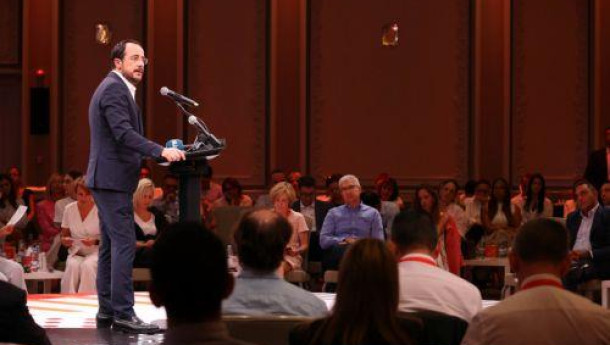
President of the Republic Nikos Cristodoulides appeared today “filled with optimism and confidence” with regards to Cyprus’ long-term economic goals, notably, achieving the goals set by Vision 2035 aiming to “transform Cyprus to be one of the world's best countries to live, work and do business in.”
Referring to the Cyprus problem he expressed the belief that there is a window of opportunity to break the current stalemate in the Cyprus talks, noting that the EU has a key role to play in this regard, and that the government works very closely with EU partners, with the US and other key players in this direction.
President Christodoulides, who was addressing on Friday PWC’s Annual Conference in Limassol, reiterated the government’s commitment to establish the conditions for a resilient and thriving economy, always guided by the long-term Vision 2035 and by actively supporting investors and professionals.
He noted that in addressing contemporary complexities in global economy and shaping the future, cooperation between the government and the private sector is imperative, indicating that this cooperation must be anchored on a common vision, and that is to make Cyprus a great place to live, a great place to work and do business.
“It is only through strong cooperation that we can create synergies, leveraging the expertise and resources of the private sector, bringing in innovative ideas, technology, and industry-specific knowledge that governments admittedly usually lack and I can say that having been in Office for six months now” he said, noting that this collaboration can lead to more effective, more efficient policies, tailored to the dynamic needs of today’s world but also that it promotes transparency and ultimately, enhances good governance.
The President underlined that Vision 2035 constitutes a collective, remarkable achievement that we should all take pride in. As he stressed, the strategy is not yet another initiative, but rather that "it marks a transformative shift in our approach, paving the way for a new growth model based on tangible medium- and long-term objectives."
He also said that anthropocentric model of Governance Programme fully integrates Vision 2035. "Our commitment to its implementation is unequivocal, with many actions already being financed through Cyprus’ Recovery and Resilience Fund with a timeframe up to 2026," he added.
President Christodoulides noted that as the global economy finds itself in a state of turmoil with inflationary pressures squeezing household budgets and eroding their purchasing power and high interest rates adding further strain, making borrowing more expensive while hampering economic growth and as geopolitical tensions cast a shadow of uncertainty over international trade and cooperation, impacting global supply chains and investment, the government adheres to a three-pillar approach that will subsequently increase Cyprus’s competitiveness.
“Fiscal discipline through government budget surpluses, a stable and healthy banking sector and continuous structural reforms”.
According to the Government’s macroeconomic scenario, the prospects of the Cypriot economy remain positive in the medium term, despite the significant degree of uncertainty, the President said adding that growth rate for 2024 is projected to be around 2.9% well above the EU average, which is projected to stand at 1.4% and that for the years 2025 and 2026, GDP growth is expected at around 3%.
Moreover, he added, inflation is continuing its downward trend, expected at 2.5% for 2024, and at 2.0% for the years 2025 and 2026, whilst unemployment rate is expected at 5.8% in 2024, and to decrease to 5.0% by 2026. Whereas over the medium term, the fiscal position is projected to remain in surplus, resulting to the further reduction of public debt to around 60% in 2026.
He also recalled that at the end of this month, the Government will submit its first national budget to the House of Representatives. “A budget with a healthy fiscal surplus, reflecting our commitment to fiscal discipline and sound public finances, including a number of reform and actions derived straight from our Governance Programme”.
As he noted this first budget will mark the beginning of the unfolding of our government’s strategic orientation for the 5-year term, based on a set of ambitious but realistic priorities that will guide our actions by 2028. Priorities related to resolution of chronic issues that concern citizens, most importantly migration, affordable housing, road congestion, a strong and resilient economy, effective promotion of modernization of the state, including fighting corruption and perseverance of meritocracy and green transition.
“Our aspiration is to create an attractive business environment that promotes transparency, efficiency, and which diversifies our economy. In this regard, we are diligently working towards the implementation and gradual revamping of the existing Strategy for Attracting Investment and Talent, which was launched successfully by the previous government in 2022,” President Christodoulides said.
He added that in the same trajectory, the government is exclusively aiming to undertake specific actions for the branding of Cyprus, "which is indispensable to enhancing our country's appeal to investors and professionals, as it can significantly influence perceptions and decisions, and create a compelling narrative that resonates with international audiences." Something that will also safeguard the reputation of Cyprus as a credible centre for financial and professional services, as he noted.
Window of opportunity to break stalemate in Cyprus talks
Referring to the Cyprus problem President Christodoulides said that the current status quo cannot be the future of Cyprus and that from the very first day of his election he has set as priority to break the current stalemate in the negotiations.
President expressed the belief that there is a window of opportunity to achieve this, noting that the EU has a key role to play in this regard, and that the government works very closely with EU partners, with the US and other key players in this direction.
He recalled that on Saturday he travels to New York for the High Level Week of the UN General Assembly, stressing that the Government works so that developments in New York pave the way to resumption of negotiations.
As he explained, crucial to the success of these initiatives and strategies is also the government’s extrovert foreign policy. A prime example, as he indicated, is the extensive network of partnerships and cooperation networks in Cyprus’s immediate neighbourhood, as showcased by last week’s trilateral summit between Cyprus Greece and Israel, with Indian counterpart invited to the next meeting.
And added that work is also underway for an official visit to India, expected in 2024.
Cyprus has been divided since 1974, when Turkey invaded and occupied its northern third. Repeated rounds of UN-led peace talks have so far failed to yield results. The latest round of negotiations, in July 2017 at the Swiss resort of Crans-Montana ended inconclusively.
In a move to resume stalled peace talks from where they were left-off in Crans Montana, President of Cyprus Nikos Christodoulides introduced an initiative, aiming for a more active EU role, always under UN auspices.
The Turkish Cypriot side insists on conditions before engaging in any new round of negotiations, which, contrary to UN resolutions, point to a two-state solution on the island.
In his latest report on his Good Offices mission in Cyprus, the UN Secretary-General notes that an important step forward would be an agreement with the sides on an appointment of a United Nations envoy, who could explore ways to reach common ground towards resuming negotiations for a lasting settlement in Cyprus.
In its conclusions, last June, the European Council says it remains fully committed to a comprehensive settlement of the Cyprus problem, within the UN framework, while noting that the EU is ready to play an active role in supporting all stages of the UN-led peace process, with all appropriate means at its disposal.



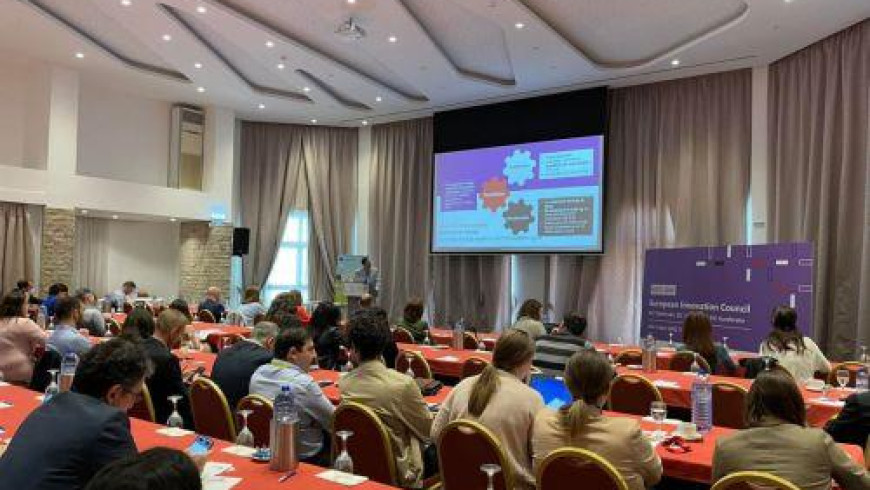

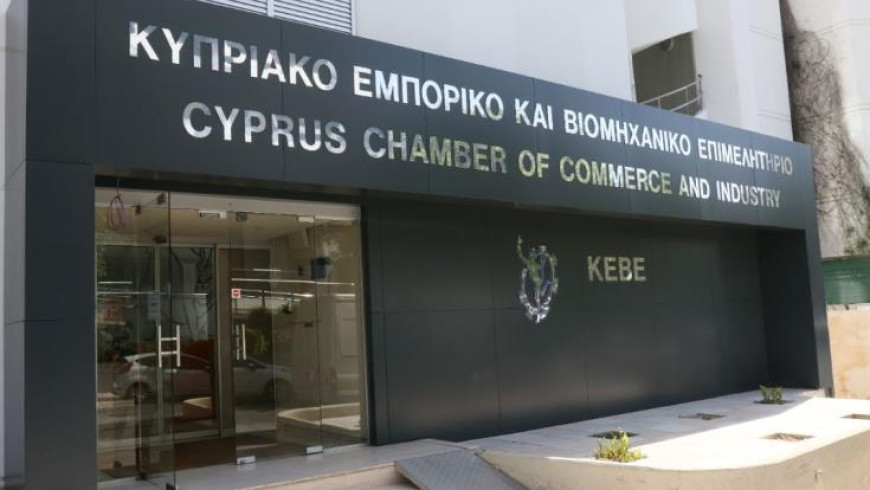
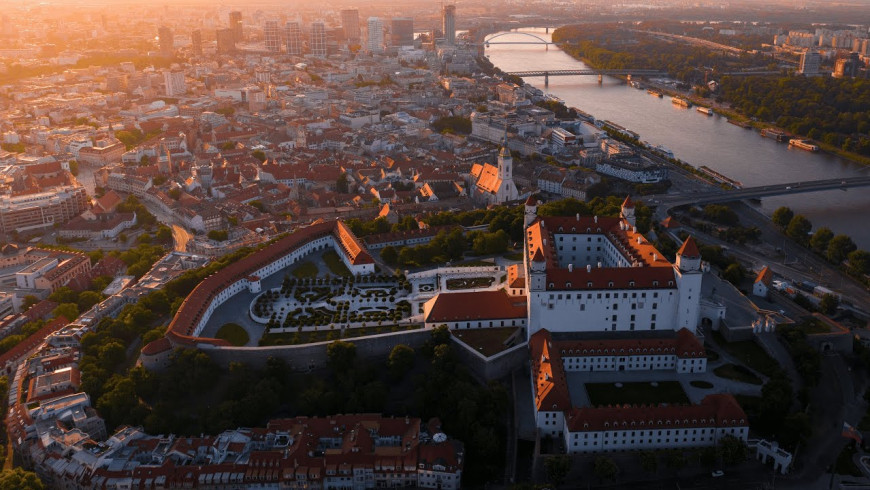
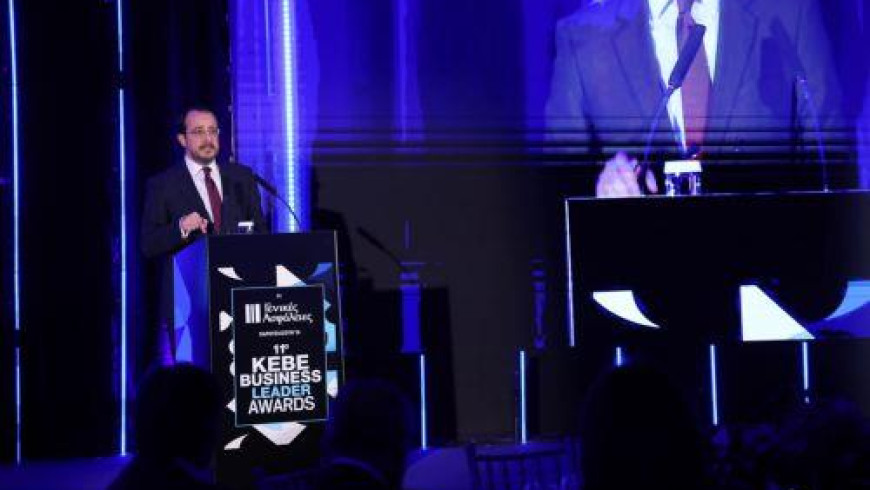
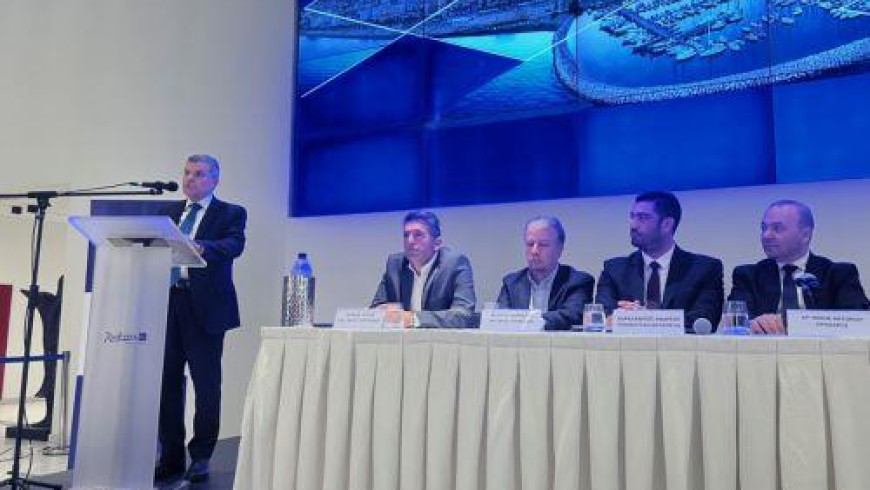





 3287.99
3287.99 1275.09
1275.09
